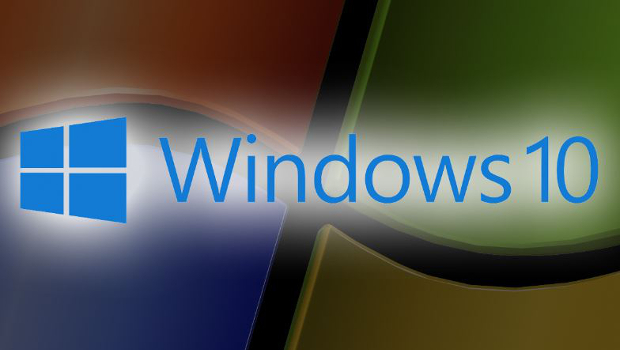
Windows 10 again posts growth as deadline focuses minds
Windows 10’s user share
last month jumped by the largest amount in more than two and a half
years, a strong signal that customers running older OSes may have gotten
serious about meeting the looming retirement deadline of Windows 7.
According to Web analytics company Net Applications, Windows 10’s share climbed by 1.7 percentage points in January, ending the month at 40.9% of all personal computers and 47.4% of all PCs running Windows. (The second number is always larger than the first because Windows does not power all personal computers; in January, Windows ran 86% of the world’s machines. Most of the rest ran macOS, Linux or Chrome OS.)
In an odd turn-about, Windows 7 added user share last month, gaining
three-tenths of a percentage point to reach 37.2% of all PCs and 43.1%
of those running Windows. Meanwhile, the long-obsolete Windows XP shed
1.8 percentage points during January, putting it at just 2.8% of all PCs
and an almost as meager 3.2% of systems powered by Windows.
Both Windows 7’s and XP’s shifts, however, could be described as much
as data corrections as actual increases and decreases. By Net
Applications’ measurements, Windows 7 lost 2 points in December alone –
the biggest drop since July 2016 – so the slight increase in January
could well be a modest adjustment to what had been an overly-optimistic
report earlier. More likely still: Windows XP’s dramatic drop may not
have really meant millions suddenly ditched the unsupported OS.
During the three months of October through December, Net Applications asserted that XP had illogically gained 1.3 percentage points. The 1.8-point decline of January voided those increases completely, then added in a slump that equaled the average losses of several months over the past three years.
IDG News Service







Subscribers 0
Fans 0
Followers 0
Followers